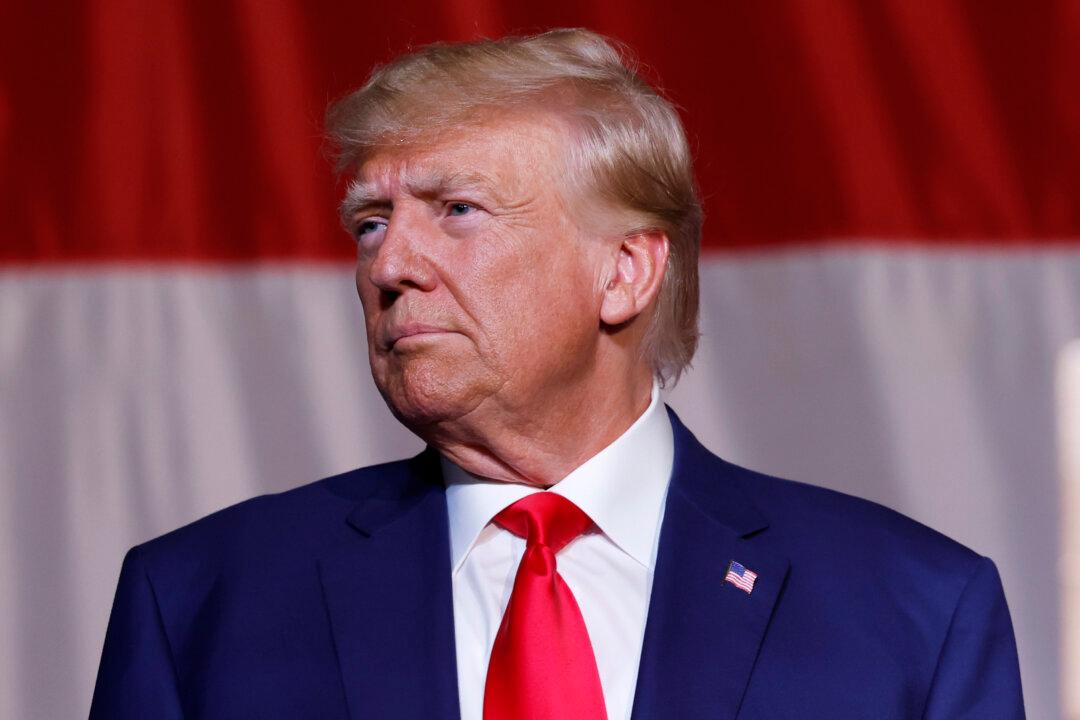Expert opinions and closer scrutiny of the indictment against former President Donald Trump points to questions about the strength of the case and the legitimacy of procedures around obtaining evidence, even as the charges are serious.
Trump stands accused of illegally hoarding classified documents at his Florida estate after leaving the White House in 2021 and then lying and scheming to thwart government efforts to get them back.





